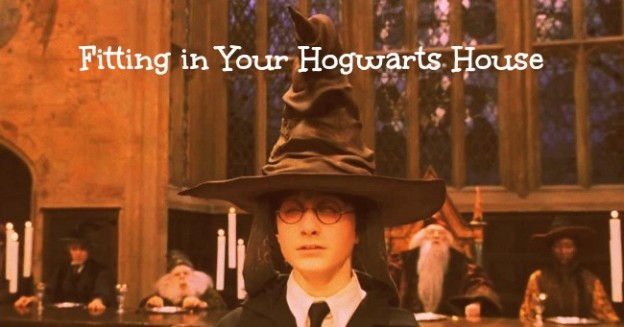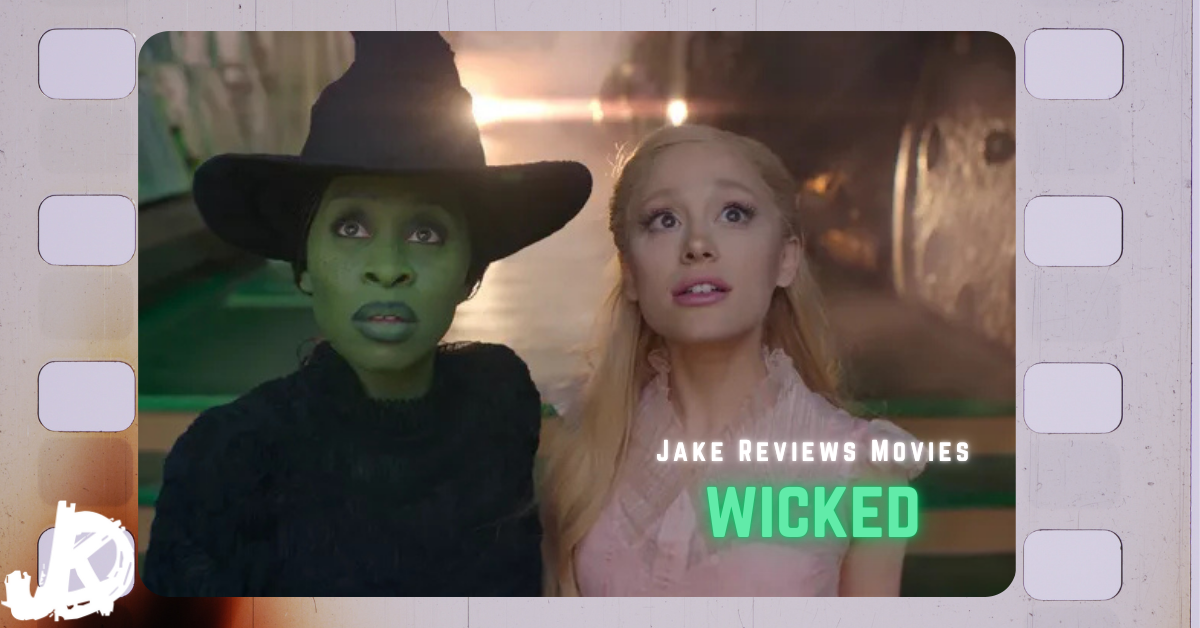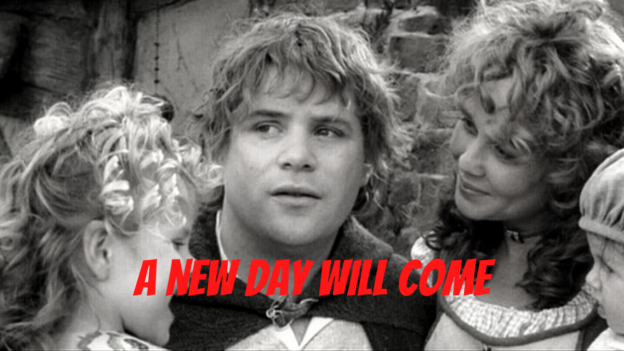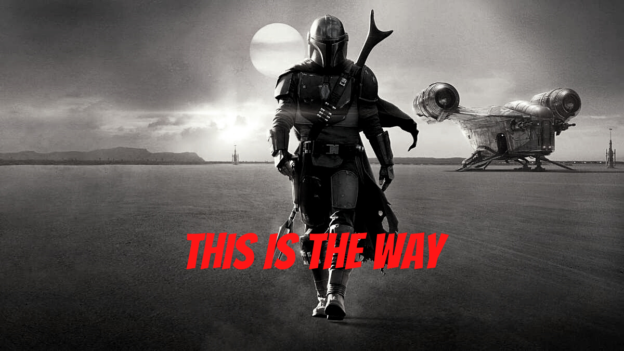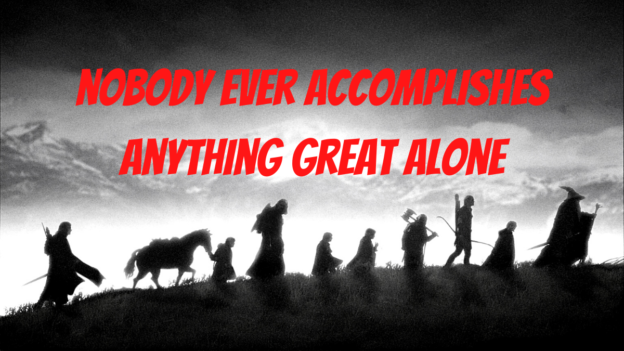Gryffindor. Hufflepuff. Ravenclaw. Slytherin. Every Harry Potter fan has to face this question sooner or later: if you went to Hogwarts, which house would you belong in?
Knowing which house you’re in is one thing. But knowing what it means to belong to that house is another. As the Harry Potter generation grew up, joined Pottermore, and got involved in the online fandom, house identity became a huge thing. It was a way to play out Hogwarts in real life: you identified with people in the same house and acted according to your house values. It’s fun to sort celebrities and even characters in other fandoms into Hogwarts houses. And then the Potterheads realized something: house identity wasn’t limited to the descriptions in the books.

One thing you have to remember about the Harry Potter books is that they are told 85% from Harry’s perspective, and Harry’s perspective is very biased and flawed. Furthermore, Harry’s generation was only a limited slice of the different types of people one can meet in the Wizarding World. Slytherin House especially got a bad rap in the books because too many past and present Slytherins aligned themselves with pure-blood ideology and the Death Eaters. And not to mention the Slytherin characters that we saw in the books–Draco Malfoy and Severus Snape–were just really bad people. As for the other houses, from Harry’s experience we only gathered that Gryffindors were awesome, the Hufflepuffs were just there, and the Ravenclaws were snobs (with the exception of Luna Lovegood).
The fandom did pick up accurately on the fact that the attributes prized by each house–daring for Gryffindor, intellect for Ravenclaw, cunning for Slytherin, hard work for Hufflepuff–characterized the people in each house, and it characterized their behavior expectations. And then we took it a step further by elaborating on the characteristics of each house, and then taking the stereotypes and breaking them. If there’s one thing that the online Potter fandom loves, it’s reminding people that being Slytherin doesn’t mean you’re evil, and reminding them that Hufflepuffs are awesome.

So what is a more realistic way to look at the Hogwarts houses? Slytherin is not the house for evil people. There are plenty of reasonably good people in Slytherin, including Horace Slughorn. And the other houses produce their share of bad people–Peter Pettigrew was a Gryffindor, for instance. Slytherins are known for their cunning and ambition, a willingness to achieve their goals either through playing along with the system or if necessary going around it.
We don’t get to meet too many Ravenclaws in the books. Luna Lovegood is kind of an oddball even for her own group, and Cho Chang doesn’t come across as particularly intelligent or gifted. What makes Ravenclaw unique is their love of reasoning and intellect, not just learning but applying their knowledge.

And like I said, Harry is biased towards Gryffindor because it’s his house, they’re the people he spends the most time with. Gryffindors aren’t heroic strictly because of their values but because of their willingness to do whatever it takes, including throw themselves into a dangerous situation, to get what they want. Being a Gryffindor means going out of your way to make things happen. Fred and George Weasley had to go against their parents’ wishes to open their joke shop, but they ended up succeeding because they took initiative. And Harry, over and over again, threw himself into dangerous situations because he wanted to make right whatever was wrong, even when (especially when) the grown-ups said no.
Hufflepuffs get labeled as unimportant because they don’t do big things or get glory for their achievements. Yet they can be as brave, cunning, and intelligent as the other three houses put together but they don’t seek attention for it. They are stand behind whoever is in charge rather than taking charge. The Hufflepuffs in Harry’s year–Ernie MacMillan, Justin Finch-Fetchley, Hannah Abbot, and Susan Bones–were core members of Dumbledore’s Army. And J.K. Rowling herself has stated that Nymphadora Tonks was a Hufflepuff.

I have always identified myself as a Ravenclaw. When I was in high school it was my intelligence and studiousness that set me apart from my peers. I take pride in knowing things and understanding the world around me through study. But lately I have been getting a vibe that I am actually a Hufflepuff. I am deficient in some more Ravenclaw-type characteristics: while I’m good at remembering facts I am poor at in-depth reasoning on the spot, for instance I’m terrible with riddles, and sometimes I’m a little slow figuring things out. People always tell me how kind and dedicated I am, which are more Hufflepuff traits. I like being helpful to others, and I’m very, VERY loyal to my friends. And I’m not a Gryffindor or a Slytherin because I’m neither brave nor ambitious. But heck, since I took the time to think about all of this and write it down maybe this blog post proves just how Ravenclaw I am.
My friend Zina has the opposite problem. Computerized tests frequently sort her into Ravenclaw because of her book-smarts. But, in her words, “I would much rather crash at the end of the day and have Dobby bring me a Cinnabon than to have to answer a riddle just to get into the common room.” She would much rather be a Hufflepuff given the choice. So who’s really the Ravenclaw here and who’s the Hufflepuff? It seems more logical to “sort” yourself based on your strengths. But then we need to take into consideration what Dumbledore says at the end of Chamber of Secrets: it is our choices that make us who we are rather than our abilities.

There is no way for the labels that we give ourselves or others to be one hundred percent accurate–this was true in the Harry Potter books and it’s definitely true in real life. The Sorting ritual at Hogwarts is an important and life-defining event for all its students, and yet the Sorting Hat doesn’t really put that much thought into the sorting: he just judges based on family ties (another Weasley, eh? just put them in Gryffindor!) and visible personality (You’re a selfish prig, you’d do well in Slytherin, Draco). But a Hogwarts house isn’t a single trait: it is a paradigm of thoughts, values, and attitudes. There will always be people in certain groups that don’t follow the accepted norms, and even individuals who are more like their peers have no way of fitting the mold a hundred percent. While individuals can benefit from being with like-minded people, there also needs to be reaching across the board to people from different backgrounds. Labels are superficial: they don’t define us, we define them.

